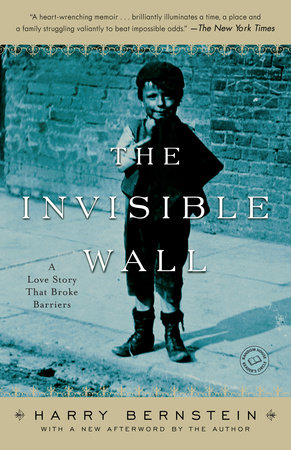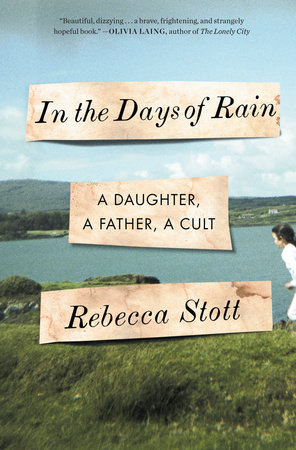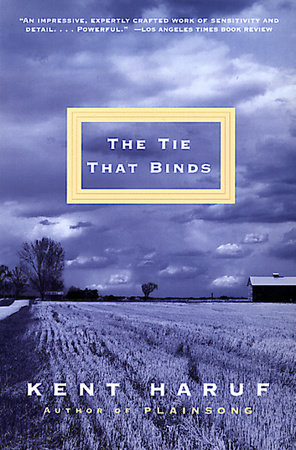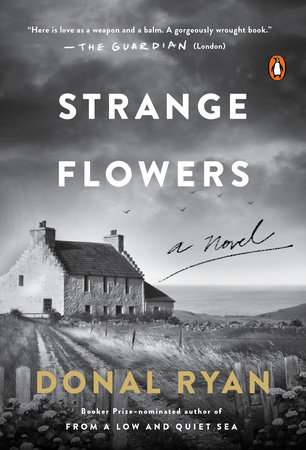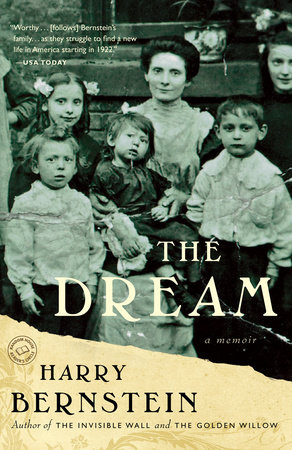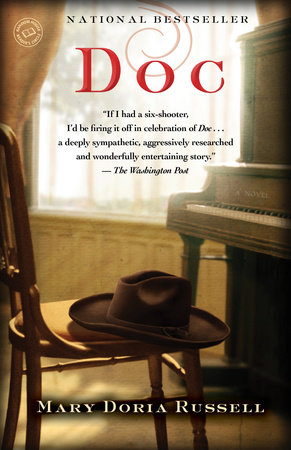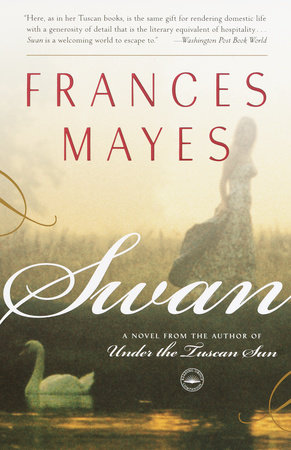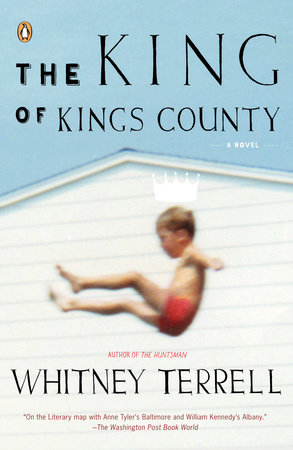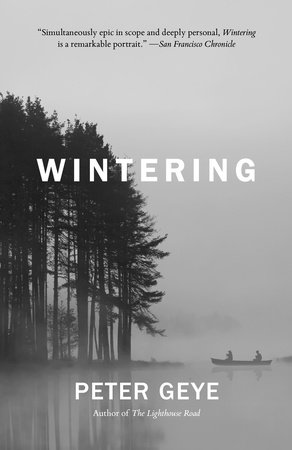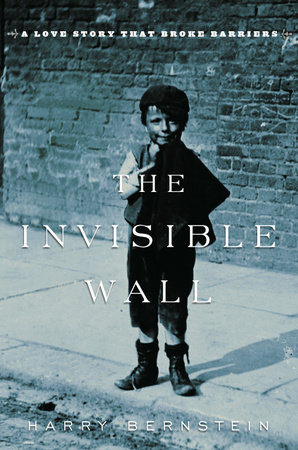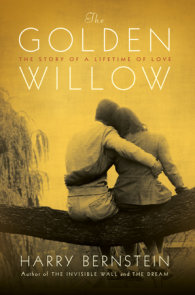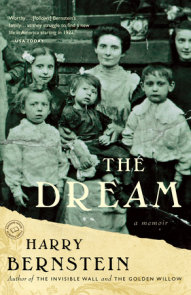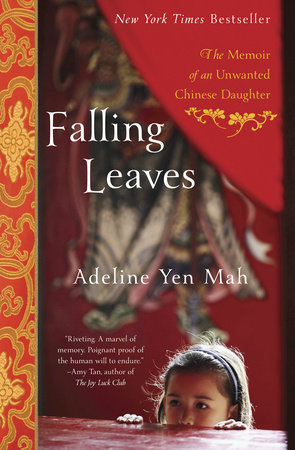Author Q&A
A Conversation with Harry Bernstein
RANDOM HOUSE READER’S CIRCLE: The Invisible Wall is filled with astonishing memories of your early life in Lancashire, England. Did you always know that you would write about your religiously segregated street and the dramatic events surrounding your sister’s marriage? Is there a reason why you wrote The Invisible Wall now, rather than earlier in your life?
Harry Bernstein: My family’s story has always been with me. Back in 1950 I wrote a series of sketches for The Jewish American Monthly magazine entitled “Twelve Years In An English Ghetto.” That may have been the origin of my decision to actually write The Invisible Wall. As for the timing, I started writing the book when it was ready to be written. In my case, that turned out to be when I was ninety-three years old. I guess it’s never too late.
RHRC: One of the most striking aspects of The Invisible Wall is the pervasiveness of anti-Semitism in pre—World War I England, particularly in the area of Lancashire where the book is set. It all happened less than one hundred years ago, yet it seems like something from the Middle Ages.
HB: It may seem like the Middle Ages to someone who is very young, but to me it still feels like yesterday. And, of course, there is still a great deal of anti-Semitism, as well as racism and bigotry of all kinds to this very day in many parts of the world.
RHRC: Almost equally shocking is the reflective prejudice of the Jews against the Christians. Even your mother, who was an unusually thoughtful and sensitive person, had difficulty accepting a relationship that crossed religious lines.
HB: I hope readers will see in my book a vision of tolerance that is possible, not just between Jews and Christians, but between all peoples. A critique by writer and scholar Daniela Gioseffi makes my point. She states, “The Invisible Wall creates a microcosm of what is wrong with our larger world today. In every way, it is a lesson in the folly of religious prejudice. Its narrative resonates with the problems of our sociopolitical malaise in a world set fire by religious extremism and ignorant bigotry.”
RHRC: Do you feel that we have made any significant progress in combating the follies of religious prejudice and extremism since the time in which The Invisible Wall is set?
HB: On the surface it would appear that some civilizing process has taken place in the treatment of Jews in England today compared to my day. However, when we consider the picture globally, we must ask ourselves: Where has progress been made in the last century in religious and racial hostilities? For instance, from the Holocaust in Europe during the first half of the twentieth century to the ethnic cleansing in Bosnia at the end of the century, I do not see progress. In Ireland, Catholics and Protestants are still murdering each other. In the Middle East, in Africa, Asia, the Americas, the United States, everywhere you turn you see strife caused by religious, ethnic, and racial differences. However, we can console ourselves with the fact that throughout history there have been groups and individuals who have stood up to these excesses, sometimes at the cost of their own lives, and there are many today who continue that battle. In my book there is a small example in Mrs. Humberstone, who defies her Christian neighbors to cross over to the other side to talk with her Jewish friends. There are many Mrs. Humberstones in the world, and I am glad of it.
RHRC: Your childhood street seemed to rejoice and come together at the end of World War I; was this good feeling fleeting? Or did the war help to permanently lower the invisible wall that kept neighbors apart?
HB: Wars always bring people face-to-face with reality, causing false barriers to disappear. I don’t think the wall was permanently lowered, as indicated in the book when the discovery was made of the romance between my sister and Arthur. Even when the entire street was demolished, remnants of the wall still remained. For instance, in the epilogue, I write about a visit with an old neighbor, Annie Green. When she referred to “Our Jews,” the old anti-Semitism came to mind. There was something patronizing about what Annie said that didn’t sit well.
RHRC: As portrayed in your memoir, your sister Lily decides to marry outside her faith and in effect becomes dead to her family and community. This is a heartbreaking scenario, and one that seems almost incomprehensible today, when there are so many interfaith marriages.
HB: Yes, there are many interfaith marriages, and the number grows constantly, which is good. When I witnessed the marriage of my sister to Arthur, when I listened to all the things Arthur said to me, and when I visited them at their home, I simply felt very good about it, and I still do.
RHRC: A story worthy of a novel in its own right is that of your father, from his childhood in Poland to his incredible journey, as a young boy, across Europe in search of his family. It’s like a fairy tale, only without a happily-ever-after ending. Without attempting to sugar-coat his failings as a father and his often brutal behavior, is there something heroic in him?
HB: If you had lived with my father as I did you would not see anything heroic in him. His trek across Europe was motivated partly by his fear of being alone and partly to get revenge. The real hero in my family was my mother, who selflessly provided for my brothers and sisters, and whose dreams kept us all alive and happy.
RHRC: The romance of Lily and Arthur is by turns inspiring and tragic. Without giving anything away, can you tell us what their relationship and example have meant to you throughout your life?
HB: It left me with a strong feeling against bigotry. I married a Jewish girl, and if she had been Christian, I would have married her anyway, because I was very much in love with her, and to try to restrict any couple from marrying because of their religion, race, or ethnicity is just plain cruelty.
RHRC: Has there been any interest from Hollywood in your book? I think it would make a terrific movie.
HB: So far there has been none, but if you hear of any, please let me know.
